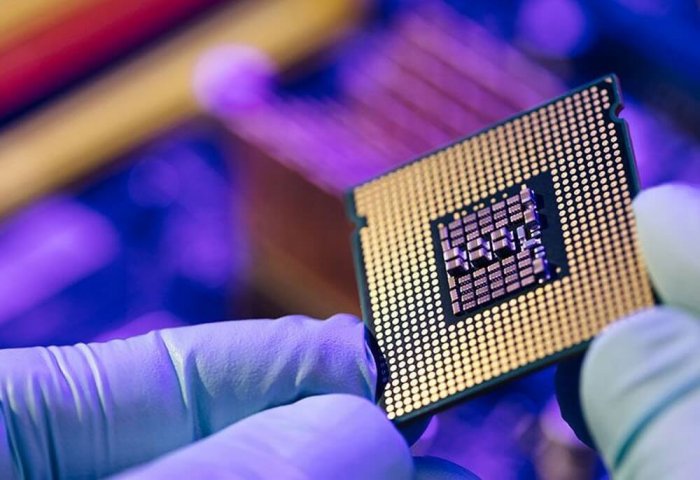In order to overcome the global chip crisis, which affects the supply of everything from cars to smartphones, states are focusing on chip production with the end goal of preventing supply chain disruptions. Chip crises or shortages occur when the demand for it is more than what is produced. Today, many electronics manufacturers, from automobiles to graphics cards makers, from the defense industry to the game industry, have been affected by the global chip crisis that started in 2020. 169 sectors around the world are experiencing the consequences of the chip crisis.
Chips, also called semiconductors, are of great importance in every field from household appliances to in-vehicle electronic systems, from the defense industry to wearable technologies and thus its shortage cause global disruptions.
Gartner, the world's leading research and consultancy company, said the six of major 10 chip manufacturers in sales revenue last year are based in the United States:
1- Intel (USA); 2- Samsung Electronics (South Korea); 3- TSMC (Taiwan); 4- SK Hynix (South Korea); 5- Broadcom Corporation (USA); 6- Qualcomm (USA); 7- Micron Technology (USA); 8- Applied Materials (USA); 9- Nvidia Corporation (USA); 10- Texas Instruments (USA).
Although China is not among the largest manufacturers in the global chip industry, it is home to the fastest growing chip companies. However, the chip production needed by China, which is the largest consumer, is still carried out by companies from the USA and the Far East. China is the largest producer of silicon, the raw material of chips, as well as it largest consumer.
The global chip crisis is leading countries to focus on establishing domestic production. For the last few years, China has been following a policy to reduce foreign dependency in chip production and to support domestic chip manufacturers.
For this reason, last year, China-based chip manufacturers took their place dominantly among the companies with the highest growth in the world. According to data compiled by Bloomberg, 19 of the world's 20 fastest-growing chip industry firms in the past year come from the world's second largest economy. In other words, Chinese chip manufacturers have been the companies that recorded the most growth.
So when will the chip crisis end?
According to research firm McKinsey, there is no end to the chip crisis in the short term. The company said the required amount of chips to meet the increasing demand in the automotive industry cannot be supplied in the short term, and the changes in the designs of the products produced may cause serious time losses.
However, in the long term, normalization of semiconductor supply processes and establishment of more convenient supply chains with suppliers are expected to allow meeting the increasing chip demands.
Even as the current global chip shortage ends, more supply problems are likely to arise as demand for electronics grows. Gartner analyst Alan Priestley said the capacity increases that chip manufacturers are now putting in place may be enough for the next few years, but there will be more demand as new technologies come into play. However, five years from now, it seems possible that new chip crises will occur in the future, as the demand for technologies such as the latest smartphones, smart homes and electric vehicles increases.
Nurmyrat Mommayev,
PhD Candidate at Marmara University's Department of Political Science and International Relations in Istanbul, Turkey


















